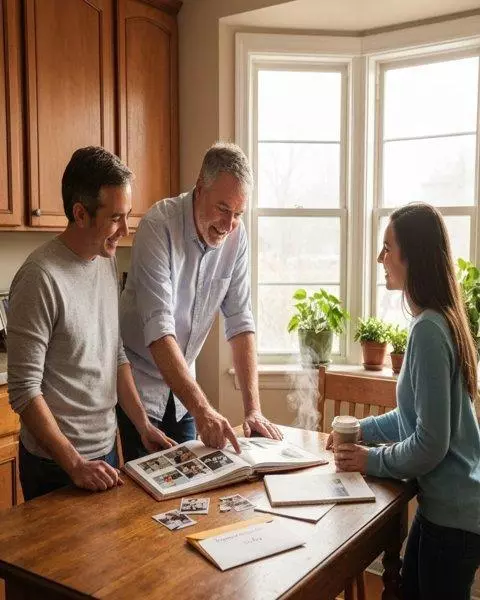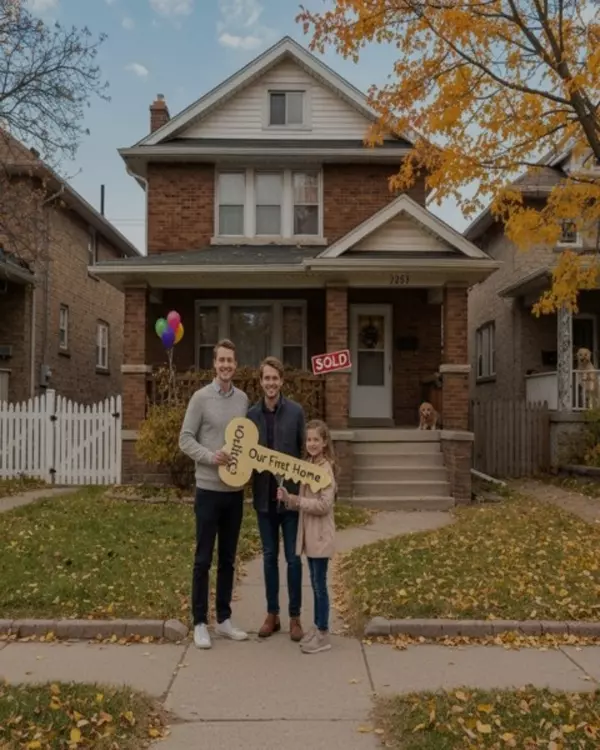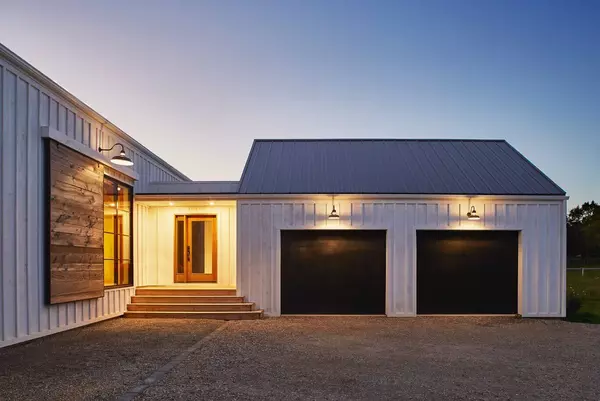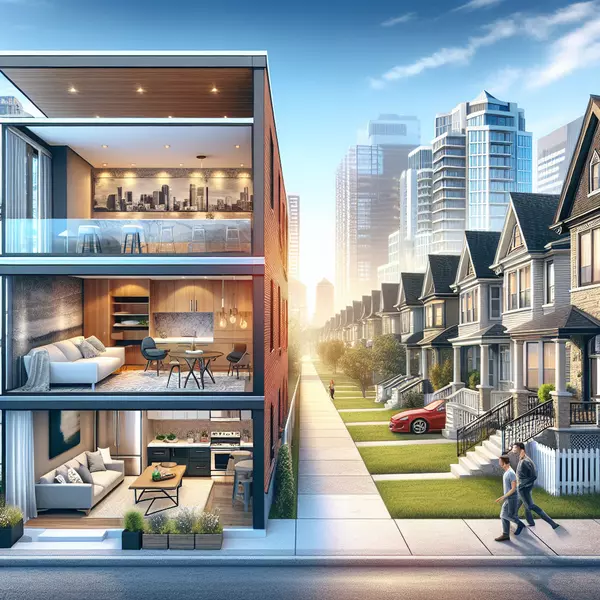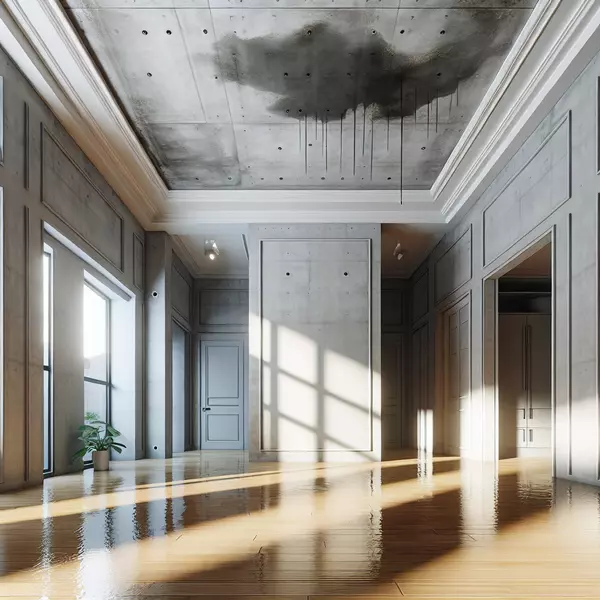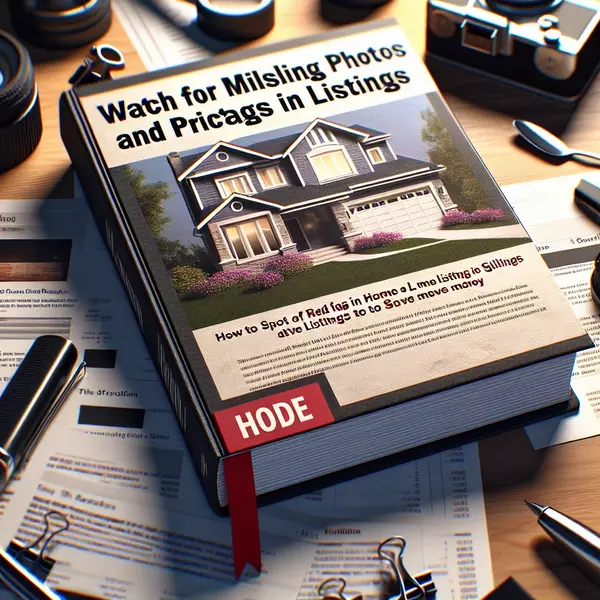Breaking Down the Real Cost: How to Budget for Your First Winnipeg Home Purchase

Breaking Down the Real Cost: How to Budget for Your First Winnipeg Home Purchase
Home buying is a big step, especially if you're doing it for the first time. Understanding all the costs involved is key to making it happen smoothly. In Winnipeg, the real estate market is varied and lively. Whether you're looking to buy a larger home, downsize, or purchase your very first place, it's important to know what to expect financially. This guide will help you understand the costs and how to budget for buying a home in Winnipeg.
Understanding Home Prices in Winnipeg
For many first-time buyers, understanding house prices is the starting point. Right now, the average price for a detached home in Winnipeg is about $450,000. That number might sound large, but Winnipeg is known for its reasonable prices compared to other major cities.
The Basics of Down Payments
To buy a home, you usually need a down payment of at least 5% of the purchase price. So, if the home costs $450,000, that means you'd need to save about $22,500 just for the down payment. This is money you need to have ready, but it's just a part of the total costs involved.
Other Costs You Should Expect
Aside from the down payment, there are other things you'll need to plan for:
-
Land Transfer Tax: This is a tax you pay when you buy a property. It's just part of the upfront costs and can add up to thousands of dollars.
-
Legal Fees: These are the costs to pay your lawyer for handling the documents and other legal stuff related to buying your home.
-
Title Insurance: This is a type of insurance that helps protect you if there's a mistake in the registry of your home’s title.
-
Home Inspection: It's a very good idea to get a home inspection before you buy so you know what condition the home is in. It's better to know about any issues ahead of time.
All these costs can add an extra $7,000 to $10,000 onto what you need to pay before moving in. So, in total, you'd be looking at setting aside roughly $30,000 to $32,000 to cover these costs and make sure your home purchase goes smoothly.
Planning Your Budget
When you start to plan your budget for buying a home, consider all parts of the buying process. Here's how professionals often approach it:
Determine What You Can Afford
Think about how much you want to spend and what you're comfortable with. This isn't just about what the bank will lend you, but also about what payment each month fits your life.
Talk to a Mortgage Specialist
They can help you understand how much you can borrow and what your monthly payments might look like. This will give you a better idea of what price range to look at for homes.
Consider Future Costs
Remember, owning a home also means paying for maintenance, property taxes, and possibly renovations down the road. Make sure you budget for these in addition to your mortgage.
Savings Safety Net
It's always good to have a little extra saved beyond your planned expenses. This helps with unexpected costs that might pop up in the buying process.
Navigating the Winnipeg Market
With these costs in mind, understanding the Winnipeg real estate market will help you make the best decision.
Market Trends
Currently, Winnipeg offers a diverse range of neighborhoods with various home types and prices. This means there are homes available for different needs and budgets. Whether you’re interested in something central and lively, or more laid-back and spacious, Winnipeg has options.
Neighborhoods to Consider
- Central Areas: More urban, often with slight increases in price.
- Suburban Areas: Might offer newer homes and more space.
- Emerging Areas: These neighborhoods offer a chance to buy into areas on the rise, often with more competitive pricing.
When to Buy
The Winnipeg market doesn't follow the same peaks as larger cities. This means there's flexibility with timing. However, keeping an eye on interest rate changes is important as they can affect your borrowing costs.
Making the Right Decision
After considering these points, you should have a clearer path forward whether you are upsizing, downsizing, or buying for the first time. Deciding on the right time to buy depends on market conditions and personal readiness.
Why Now?
Interest rates might be low, making borrowing cheaper, and the market is also stable, providing a good variety of choices without the risks seen in hotter markets.
What to Watch
Pay attention to announcements about interest rate changes and new housing developments. These can both impact how much you might pay.
How to Act
Consider speaking to a real estate professional to get insights specific to Winnipeg. I'll help you see the homes that fit your plans and provide guidance on making an offer.
What If Things Change?
If prices rise or fall, or if interest rates shift, reassess your plans. A flexible approach allows you to adapt as market conditions change.
Final Thoughts
Entering the Winnipeg housing market can be a worthwhile investment, especially with a well-planned budget. Understanding the full costs you'll face upfront and keeping an eye on the market will ensure you're well-prepared to make your move confidently. Whether it's your first home, or you're changing pace, Winnipeg offers the stability and affordability that many buyers are looking for. With good planning, you’ll be holding the keys to your new home with satisfaction.
Categories
Recent Posts

